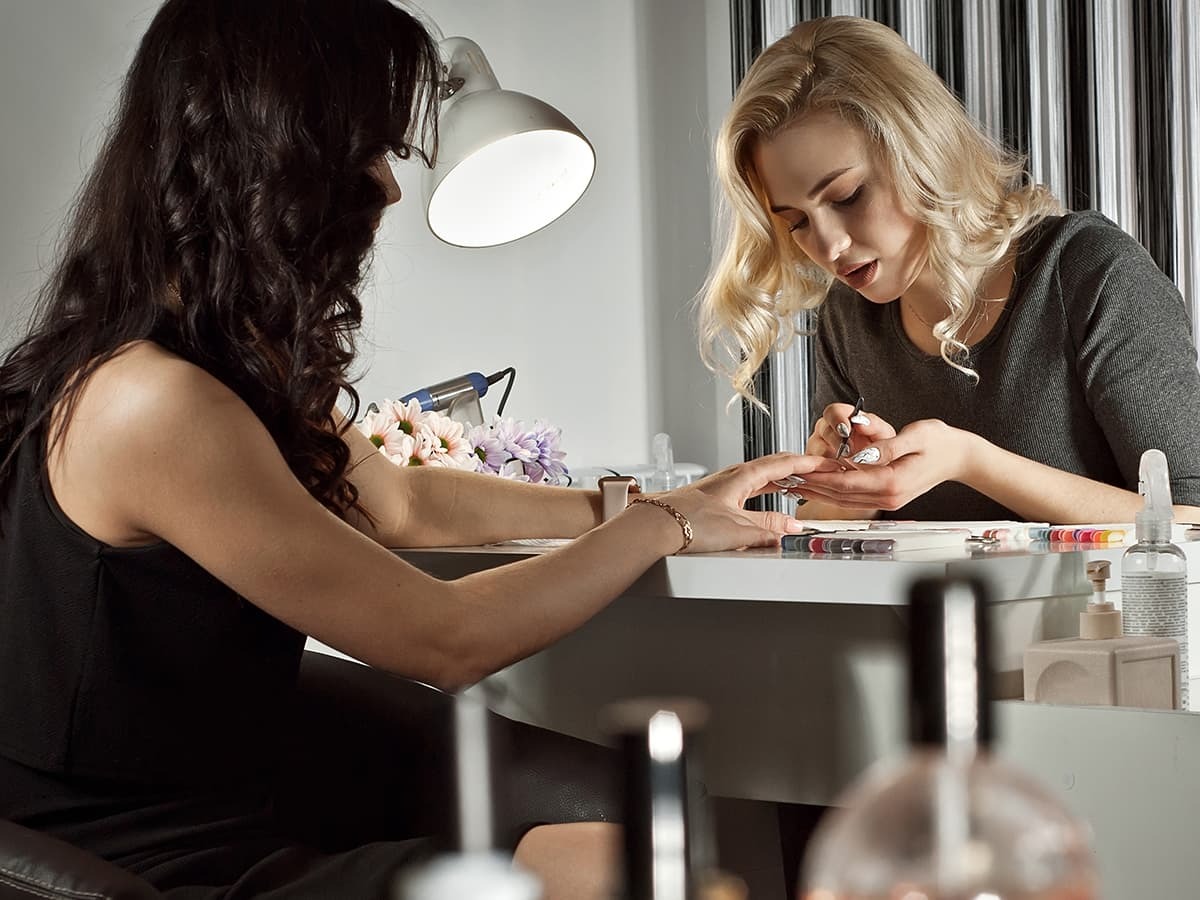Ever wondered why so many people are obsessed with the glam world but hesitate to enroll in beauty programs? Is it the price tag, or is there more behind the curtain? Let’s pull back that sparkly veil and get real.
Key Points:
- The financial commitment can be hefty.
- Hidden expenses sneak in.
- The ROI depends on hustle and strategy.
- Online programs might save money.
- Networking often outweighs the price tag.
Is Beauty School Worth the Investment?

Short answer: It depends on your goals, your grit, and how well you navigate the industry. The monetary commitment can feel like a slap to the face, especially when you factor in hidden fees—kits, tools, certification tests, and even parking (yes, really).
But here’s the tea: it’s not just about the tuition. You’re investing in skills, connections, and your future paycheck.
Many graduates land jobs with steady incomes, while others freelance their way to six figures. Success isn’t tied to the price you paid but to how you use what you learned. A hefty bill doesn’t guarantee talent, but strategic learning does.
The Emotional Investment You Might Overlook
Beyond money, there’s a huge emotional commitment. Long hours, creative burnout, and the pressure to stay on top of trends can drain even the most passionate artist.
You’ll face criticism, both constructive and harsh, and balancing personal life with career growth is a challenge. But for many, the payoff is a career fueled by creativity and passion.
Breaking Down the Real Price Tag
1. Tuition Fees: The Obvious Culprit
We’re talking thousands. Programs can range anywhere from $5,000 to over $20,000, depending on location, program length, and prestige. The fancier the name, the heftier the fee. But does an expensive course equal better education?
Not always. Some affordable programs offer stellar instruction with hands-on experience that rivals top-tier institutions.
2. Hidden Expenses That Sneak Up on You
It’s not just about paying for classes. Expect:
- Starter kits (brushes, products, tools)
- Uniforms (because black-on-black never goes out of style)
- Licensing exam fees
- Continuing education classes (learning never stops)
- Travel and accommodation if the program isn’t local
Surprise costs can pile up fast. Sometimes, schools don’t include the price of textbooks, advanced workshops, or specialized certifications, which are critical if you want to stand out.
3. Time is Money Too
Think beyond cash. The time spent in classes, workshops, and unpaid internships adds up. Could that time have been used earning money elsewhere? Possibly. But could it also be the foundation of a future thriving career? Absolutely.
Consider the opportunity cost: the income you forgo while studying. Some students juggle part-time jobs, but it’s not always easy when coursework demands your full attention.
Why Online Beauty School Might Be a Game Changer

Not everyone can drop everything to attend an in-person program. That’s where options like online beauty school come in. It’s flexible, often cheaper, and allows you to learn at your own pace. Plus, you skip commuting costs—your living room becomes your classroom.
Online programs also let you balance work and study, reducing financial strain. But remember, you’ll need serious self-discipline.
No one’s there to remind you about deadlines except your own ambition. Some online programs offer live sessions with industry pros, which is a great way to keep connected.
FUN FACT: Many successful artists in editorial and bridal makeup started with online courses before hitting it big. It’s all about how you apply your knowledge.
What Are You Really Paying For?
1. Skills That Make You Irreplaceable
Technique is king. Programs teach not just the basics but advanced skills that YouTube tutorials can’t cover. Think color theory, skin analysis, and sanitation protocols.
Real expertise sets professionals apart. Mastering these skills can open doors to high-end salons, fashion runways, and even film sets.
2. Industry Connections
Networking is everything. Many programs connect students with top industry professionals. Guest speakers, internships, and alumni networks can lead to job offers before graduation.
Connections can fast-track your career. A recommendation from a respected mentor can carry more weight than your portfolio alone.
3. Confidence and Credibility
Clients and employers respect credentials. Having formal training builds trust. Plus, you’ll feel more confident charging premium rates when you know your stuff.
Confidence isn’t just about skills—it’s about knowing you’re certified, trained, and capable of handling any beauty challenge.
Is There a Cheaper Way to Get the Same Skills?

Some argue that self-taught artists thrive without formal training. True, but it’s a tougher road. You miss out on structured learning, professional critiques, and networking opportunities. Workshops and mentorships can bridge gaps, but they often come with their own price tags.
Consider This:
- YouTube Tutorials: Great for basics, but lacks depth.
- Workshops: Short-term, skill-specific, and pricey.
- Apprenticeships: Learn on the job, but usually unpaid.
Combining self-study with occasional formal training can be budget-friendly while still effective.
How to Maximize Your Investment
- Choose Wisely: Research programs thoroughly. Don’t pay extra for fancy branding.
- Scholarships and Grants: Free money exists—apply for it.
- Freelance Early: Start building a portfolio before graduating.
- Stay Updated: Trends evolve. Keep learning even after the program ends.
- Network Like Your Career Depends on It (because it does).
The Power of Internships
Many students overlook internships, thinking they’re unpaid gigs with little value. Wrong! Internships offer real-world experience, help you build connections, and often lead to paid opportunities.
Pros and Cons of Enrolling in Beauty Programs
Pros:
- Structured learning environment
- Access to industry professionals
- Certification adds credibility
- Faster path to employment
Cons:
- High tuition and extra fees
- Time-consuming
- No guaranteed job after graduation
- Some skills can be self-taught for less
What Successful Graduates Have in Common

Not everyone who enrolls ends up thriving. The key differences? Hustle, adaptability, and strategic networking. The most successful artists didn’t just rely on what they learned in class. They sought mentors, practiced relentlessly, and marketed themselves like pros.
Consistency is key. Show up, keep learning, and never stop improving your craft.
The Importance of Continuous Education After Graduation
Graduation isn’t the end. Trends change, techniques evolve, and new products hit the market all the time. Continuing education keeps you sharp and competitive.
Why Keep Learning?
- Stay current with industry trends
- Master new techniques
- Expand your service offerings
Many professionals attend workshops, online courses, and masterclasses throughout their careers.
How to Build a Career That Pays Off Your Investment

Having a certificate is one thing; turning it into a lucrative career is another. Success comes down to how you market yourself.
Quick Tips:
- Create a standout portfolio
- Build a strong social media presence
- Offer referral discounts to grow your client base
- Network at industry events
The more proactive you are, the faster you’ll see returns on your investment.
Final Thoughts: Is It Worth It?
If you’re passionate, willing to hustle, and treat education as a launchpad (not a magic ticket), the investment can pay off big time. But if you expect a program to do all the work, you might end up disappointed—and broke.
Your future isn’t shaped by tuition costs but by what you do with the skills you gain. Choose wisely, work hard, and make the investment count.







